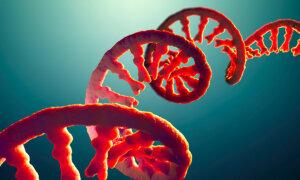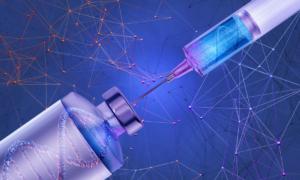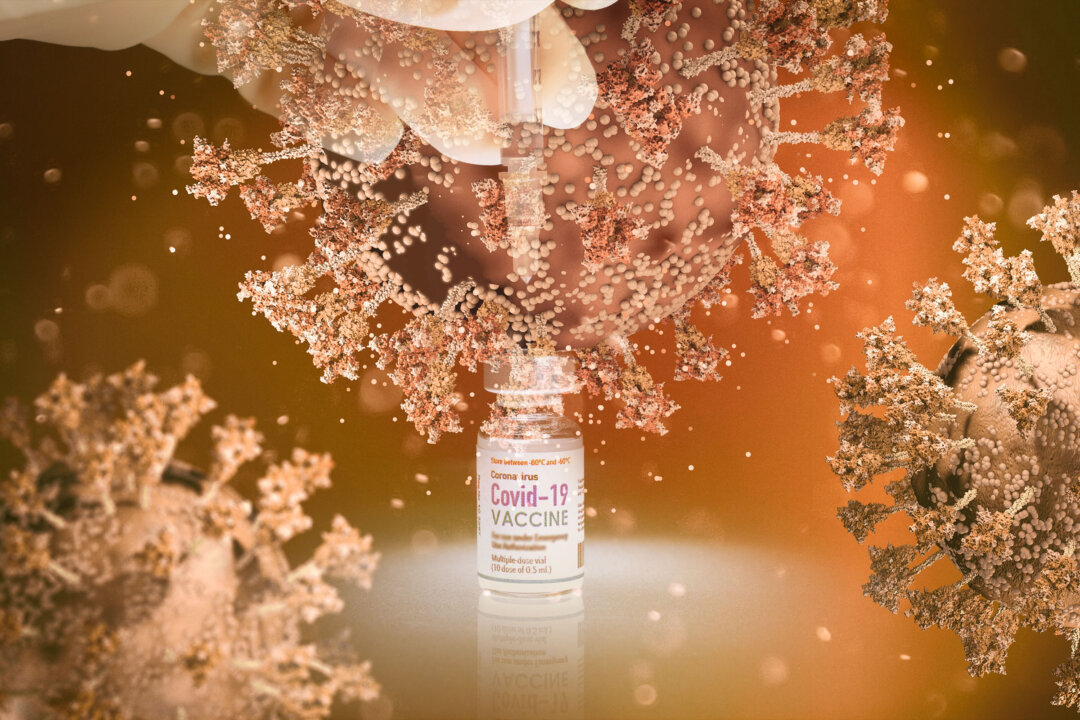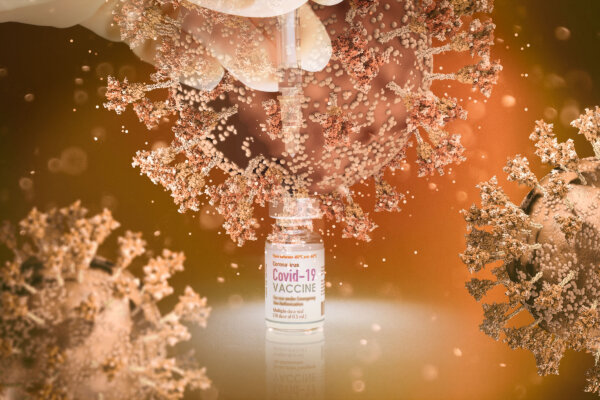COVID Vaccine Shedding Is ‘Real,’ FDA and Pfizer Documents Are Proof: Clinicians
All gene therapy products pose a risk of shedding, according to the FDA.
The topic of COVID-19 vaccine shedding has long been controversial; now, some doctors say it is real.
“Shedding is unfortunately real,” said Dr. Pierre Kory at the Front Line COVID-19 Critical Care Alliance (FLCCC) conference in Phoenix, Arizona, in early February. “The FDA (U.S. Food and Drug Administration) knows that.”
Dr. Kory is a co-founder of the FLCCC, a non-profit advocacy group founded by physicians for the treatment of COVID-19, long COVID, and postvaccine syndromes. He is also the co-founder of the Leading Edge Clinic and has treated over a thousand long-COVID and postvaccine patients.
Mainstream fact-checkers have largely denied shedding on the basis of definition. The commonly cited definition comes from the U.S. Centers for Disease Control and Prevention (CDC) website, which defines shedding as the release of viruses, bacteria, and their components from live vaccines.
While mRNA and adenovirus vaccines are not live vaccines, they function similarly to gene therapy products.
FDA Documents
In a 2015 document titled Design and Analysis of Shedding Studies for Virus or Bacteria-Based Gene Therapy and Oncolytic Products, the FDA defines shedding as “the release of [viral or bacterial gene therapy products] … from the patient through one or all of the following ways: excreta (feces); secreta (urine, saliva, nasopharyngeal fluids etc.); or through the skin (pustules, sores, wounds).”
In the same document, the FDA also explains what gene therapy products are: “All products that mediate their effects by transcription and/or translation of transferred genetic material.”
Some gene therapy products known to shed include an eye treatment branded as Luxturna. Luxturna uses an adenovirus carrier to deliver eye protein DNA to retina cells in patients.
Similarly, mRNA and adenovirus COVID-19 vaccines may cause vaccinated patients to release spike proteins or other vaccine components, Dr. Kory explained.
The FDA, however, denied that the 2015 document applies to COVID mRNA vaccines.
“COVID-19 vaccines are not regulated as gene therapy products by the FDA; therefore, the guidance document cited is not applicable to the COVID-19 vaccines,” an FDA spokeswoman told The Epoch Times.
Pfizer Investigators Told to Report ‘Environmental’ Vaccine Exposures
Another piece of evidence resides in Pfizer documents, Dr. Kory added.
- “A male participant who is receiving or has discontinued [vaccine] intervention exposes a female partner prior to or around the time of conception.”
- “A female family member or healthcare provider reports that she is pregnant after having been exposed to the [vaccine] intervention through inhalation or skin contact.”
The protocol also goes into what Dr. Kory and his clinic co-founder, Scott Marsland, call “secondary shedding.” This occurs when a person who has had environmental exposure to the vaccine then exposes another person.
Pfizer’s Documents Showing Indirect Exposures
Pfizer has documented hundreds of adverse events that occurred as a result of indirect exposures or exposure to babies during pregnancy or breastfeeding.
The document listed 22 cases of adverse events in babies who had received “indirect exposure” to COVID mRNA boosters, suggesting exposure other than a direct vaccination.
The investigators also followed several special adverse events. Two blood-related adverse events involved babies being exposed through breastfeeding. Ten cases of liver-related adverse events and one adverse event of the vasculature system were reported for the same reason.
Two cases of acute kidney or renal failure and eight respiratory cases also involved babies being exposed during pregnancy or breastfeeding.
Testimonies From Patients
Patients who may be affected by vaccine exposure tend to be those with a history of sensitivities and chronic diseases, said Dr. Kory and Mr. Marsland. They also tend to have bad experiences with pharmaceuticals and are more likely to be chronically debilitated by COVID-19 or the vaccine.
Dr. Kory said that after compiling over 800 anecdotal reports, they observed a clear pattern in symptoms that they determined to be shedding.
Typically, the manifestation of symptoms is repeatable and predictable, such as when a person repeatedly becomes symptomatic when going into supermarkets or crowded places.
Dr. Kory gave the example of a patient who noticed he could not handle going into grocery stores.
The patient told Dr. Kory that he just couldn’t “go into grocery stores anymore.” Within five minutes of entering a Trader Joe’s grocery store, he “feels so terrible” that he has to leave. He experienced the same aversion upon going to a crowded farmers market.
At the FLCCC event, Mr. Marsland also shared several cases where he believed shedding was involved.
One case involved a 54-year-old male, who previously suffered from symptoms after the COVID-19 vaccine, meeting up with a friend who received a COVID-19 booster.
They sat close to each other, talking and laughing. “Within hours of spending their time together, [the man] had a headache, myalgia, and joint pain, increased fatigue,” Mr. Marsland relayed.
When the patient went to a busy airport, he felt worse.
He returned home and had sexual contact with his spouse, exchanging bodily fluids. Within minutes, the spouse developed severe “nine out of 10” abdominal pain.
The two believed the pain was from shedding, so both took ivermectin, known to bind to and block spike proteins. Within about half an hour, the spouse’s abdominal pain receded.
“It’s the temporal association and the accumulation of symptoms,” Mr. Marsland reasoned.
Some Vaccinologists Disagree
Professors in vaccinology, however, do not acknowledge that mRNA vaccines may induce shedding.
“mRNA leads to the expression of proteins in cells, and this expression is different from shedding, as you would have if you are infected by certain viruses,” associate professor Paulo Verardi of the University of Connecticut told The Epoch Times.
“While SARS-CoV-2 infection leads to virus shedding, and, therefore, transmission of the virus from person to person, shedding of the spike protein does not occur in individuals receiving the COVID-19 mRNA vaccine,” he continued.
While another definition of shedding refers to the release of live viruses in people infected or vaccinated with live vaccines, Dr. Kory reiterated that the shedding discussed in the case of COVID-19 vaccines is different from the shedding of live viruses.
Professor Florian Krammer at the Icahn School of Medicine at Mount Sinai also told The Epoch Times that shedding does not exist.
He did not reply when The Epoch Times presented him with information regarding the FDA’s documents on gene therapy and shedding.
This article has been archived for your research. The original version from Epoch Times can be found here.






